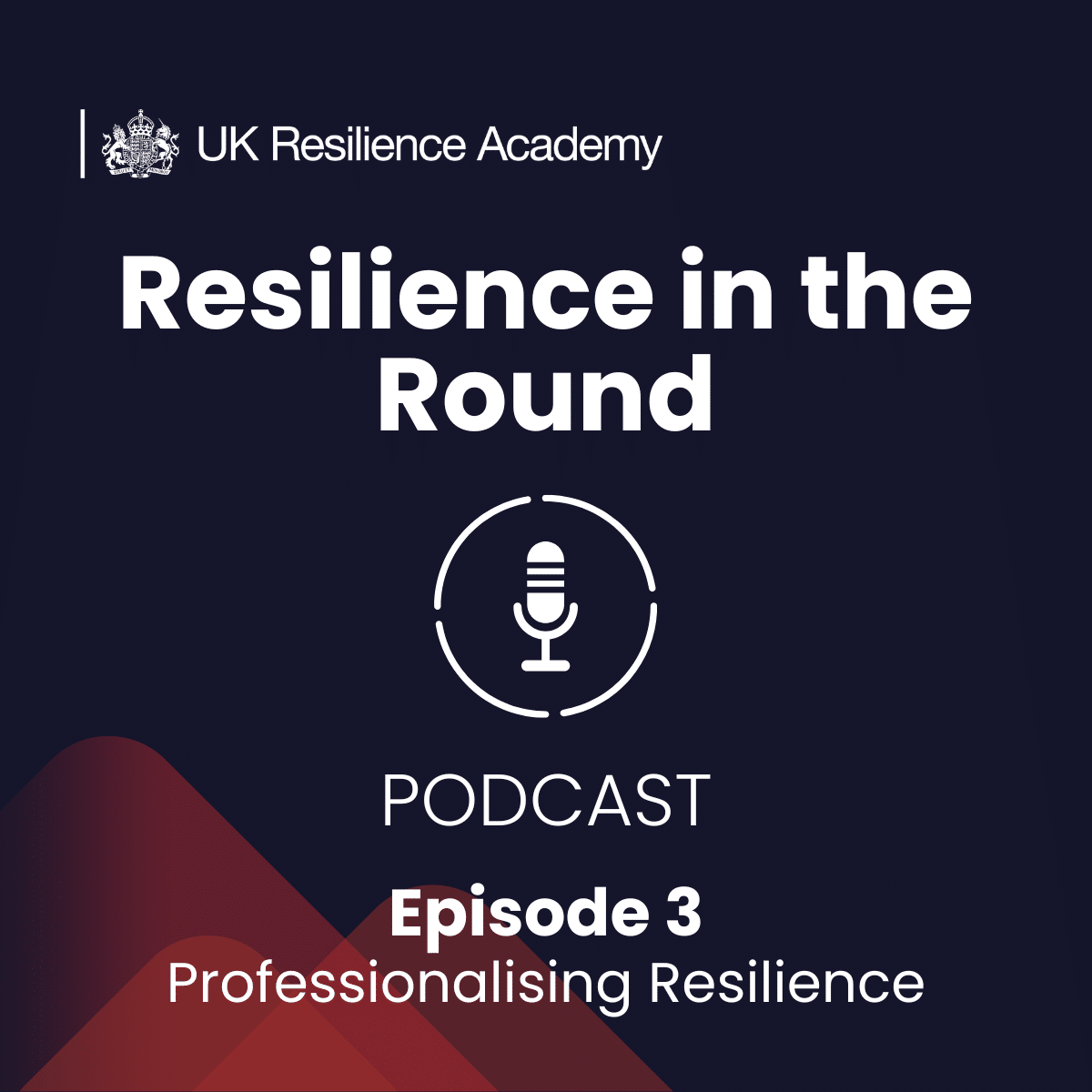
National Occupational Standards (NOS) for Resilience and Emergencies
The UK Resilience Academy (UKRA), in partnership with the Workforce Development Trust (WDT), has led the national review and refresh of the Civil Contingencies National Occupational Standards (NOS). The Resilience and Emergencies NOS mark a significant step forward in building the capacity, capability and consistency of the resilience workforce across the UK.
Why was the refresh needed?
The previous Civil Contingencies NOS were developed over a decade ago. Since then, the risk landscape has evolved significantly. The frequency, complexity and interconnected nature of emergencies—from climate-related events to cyber disruptions and pandemics—have highlighted the need for a workforce that is both adaptable and professionally equipped.
This review was driven by the recognition that a modern, skilled, and sustainable resilience workforce is critical to the UK’s ability to anticipate, withstand, respond to, and recover from future shocks and stresses. The updated NOS provide a national framework to guide recruitment, training, and performance—ensuring we are better prepared for whatever lies ahead.
Why are National Occupational Standards important?
National Occupational Standards describe what competent performance looks like in real-world settings. Each NOS sets out the knowledge and performance criteria required for individuals to perform resilience roles effectively, to a nationally recognised standard.
These standards serve multiple functions:
- They underpin training and professional development, ensuring consistency and quality across different organisations and sectors.
- They support recruitment and role design, offering a clear benchmark of competence.
- They guide performance management and progression, enabling organisations to build capability and support career development.
- Critically, they establish a common language and standard for resilience practice across the public, private, voluntary and community sectors.
How were they developed?
The refresh process was rigorous and collaborative. Led by the Workforce Development Trust and coordinated by UKRA, the review involved extensive consultation with over 375 experts and practitioners from across government, emergency services, healthcare, utilities, infrastructure, academia, voluntary organisations, and community resilience groups.
The process included:
- A structured review of the existing Civil Contingencies NOS.
- The development of refreshed standards reflecting emerging risks, resilience practice, and integrated emergency management.
- A four-nation quality assurance and approval process, ensuring each NOS meets the requirements for formal recognition across England, Wales, Scotland and Northern Ireland.
The result is a set of employer-led, practitioner-informed standards that reflect the real demands of working in resilience and emergencies today.
Supporting professional development across the UK
The Resilience and Emergencies NOS are embedded into UKRA’s training and development offer. They shape the design of our courses and assessment models and provide a consistent foundation for upskilling and professionalising the resilience workforce.
Whether you are starting out in a resilience role, developing specialist expertise, or leading at a strategic level, these standards support your learning journey—helping to build a confident, capable and connected community of practice across the UK.





